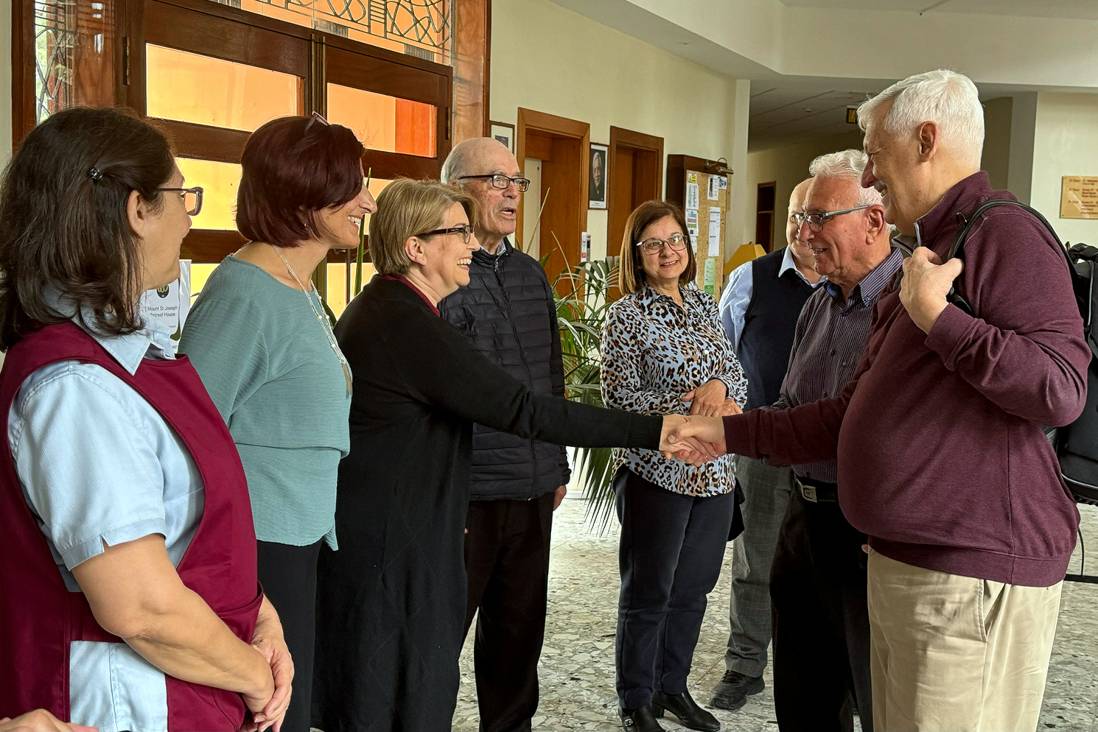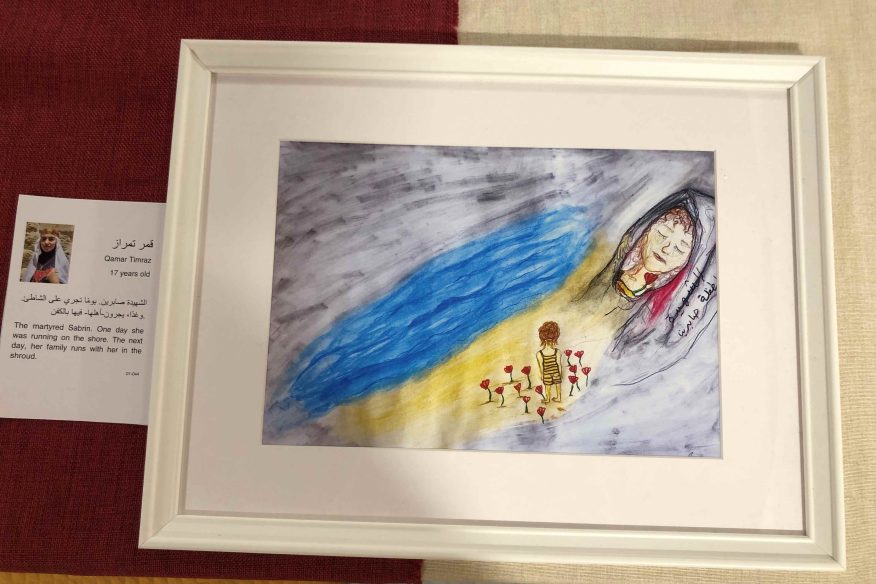Father General in Malta, Romania and Albania

Fr. Sosa returns to visit the Euro-Mediterranean Province. After a visit to the Centro Astalli in Palermo in 2017, and in Trieste in 2018, a frontier of migration and reconciliation, and other places in Italy in the following years, the visit to the other countries of the EUM Province begins with the sojourn in Malta from 9 to 12 May. “A renewed attention to the territories of our reality, born in 2017”, the Provincial, Fr. Roberto Del Riccio SJ, highlights. “A precious opportunity to get to know first-hand the needs and solutions to current difficulties, to support the journey that is in progress and the future steps to be taken.”
“The journey sees all of us moving forward with determination in mission, keeping in mind the universal apostolic preferences advocated by the Society at the global level,” Fr. Michael Bugeja, EUM Delegate for Formation, adds. “Fr Sosa’s presence is a guide and inspiration at a crucial time of reflection and discernment on our common future. The purpose of the visit is multifaceted, mainly to foster closer ties with the Jesuits present, the network of Ignatian collaborators, friends and the local church community. It is a unique opportunity to gain a deeper understanding of the challenges and opportunities faced by the Society in the territories of our Province by visiting the various apostolic works and communities”.
386 Jesuits are present in the 4 territories (3 in Albania, 10 in Romania, 36 in Malta and 335 in Italy), in 35 communities and about 100 works.
The stages of the visit in Malta
Fr. Arturo Sosa SJ will visit the Paulo Freire Institute in Zejtun on 9 May, followed by a meeting with Maltese Jesuits at Loyola House in Naxxar. On 10 May he will be at St Aloysius College, which has 1,524 students from kindergarten to sixth form. On 11 May he will meet the Archbishop, make a stop at the Jesuit Refugee Service and visit the University chaplaincy and residence. On 12 May, he will travel to Gozo, to the Jesuit Retreat House. The encounter with the different realities of the apostolic work will be a precious opportunity to deepen one’s direct knowledge and to reflect on current and future challenges.
